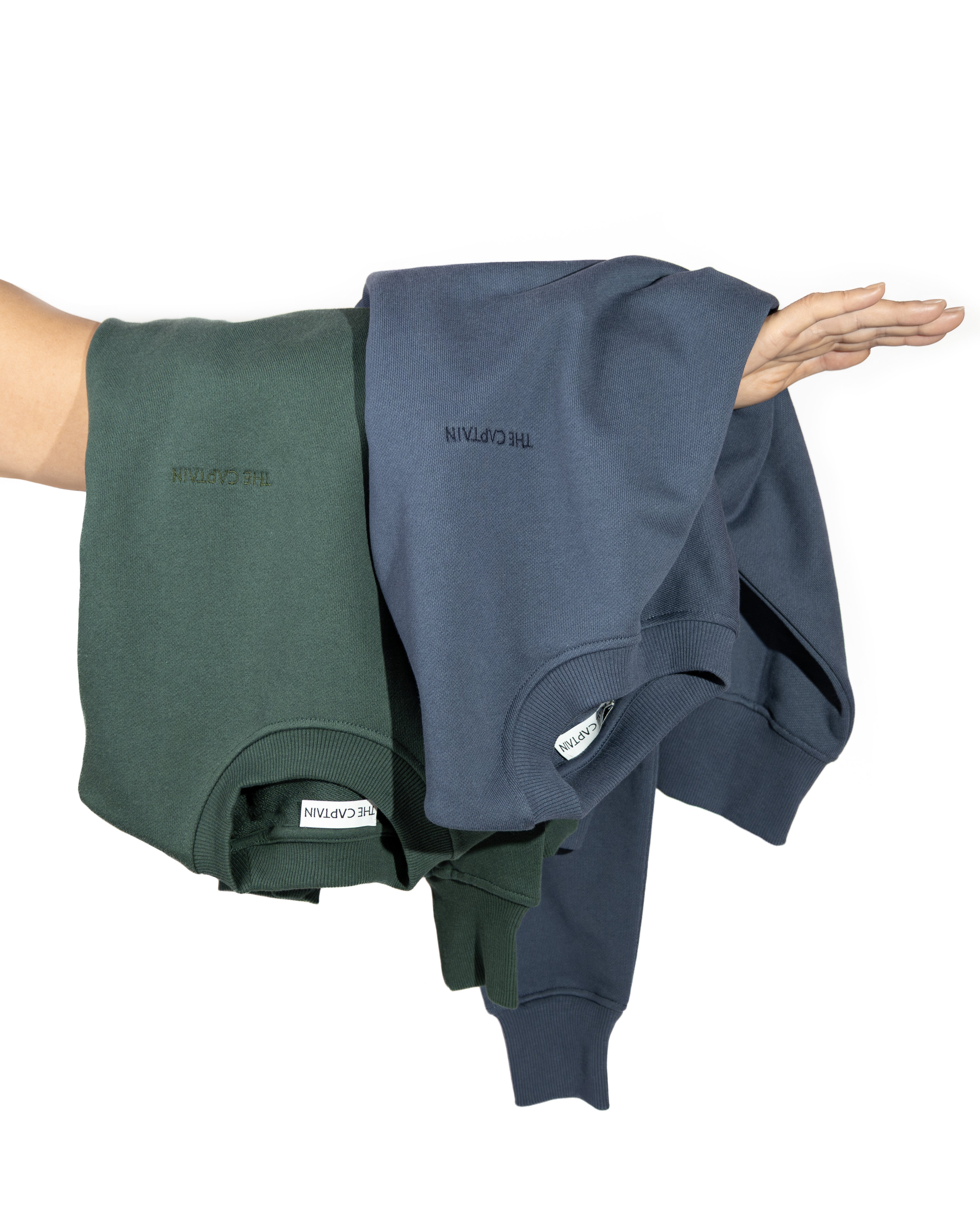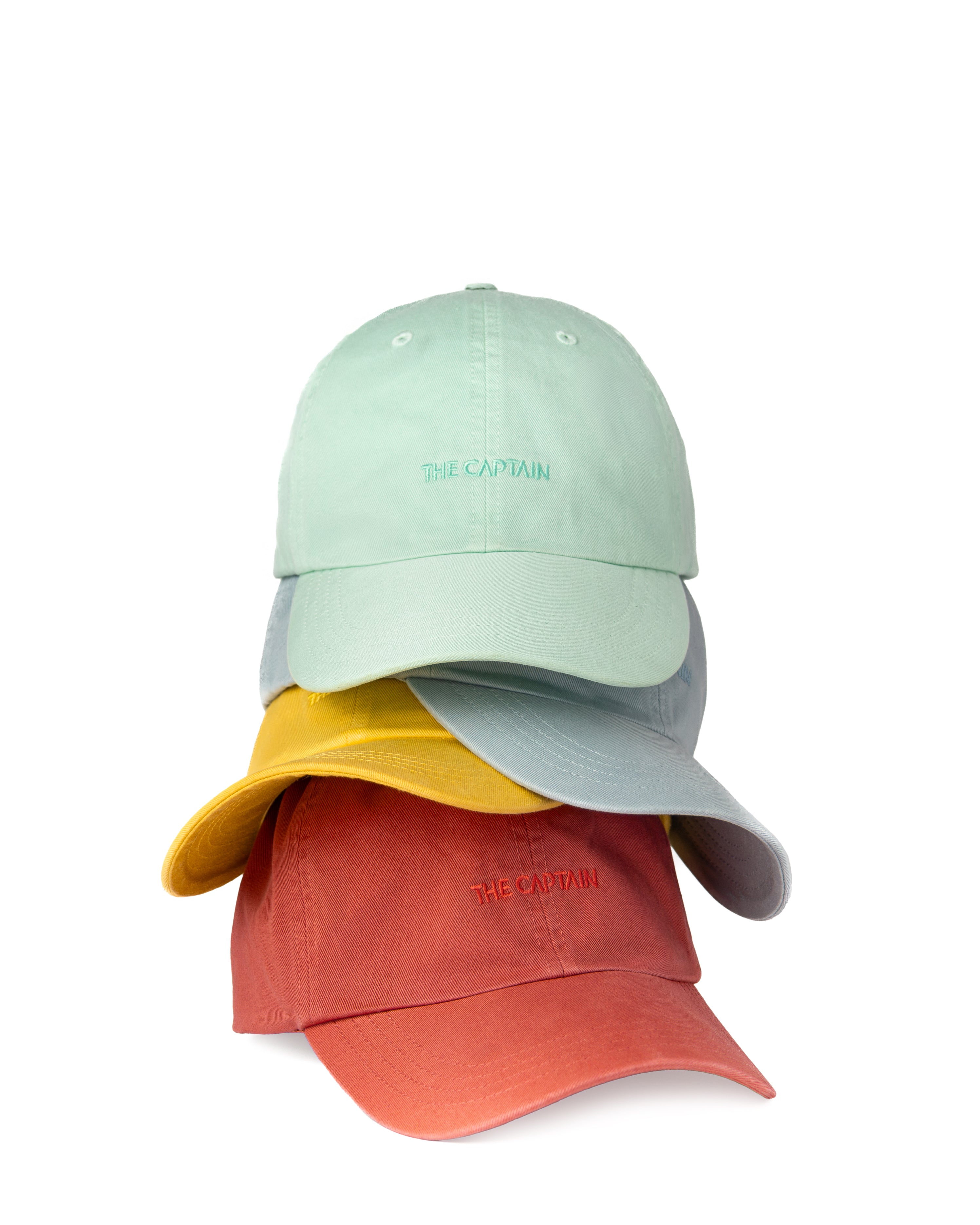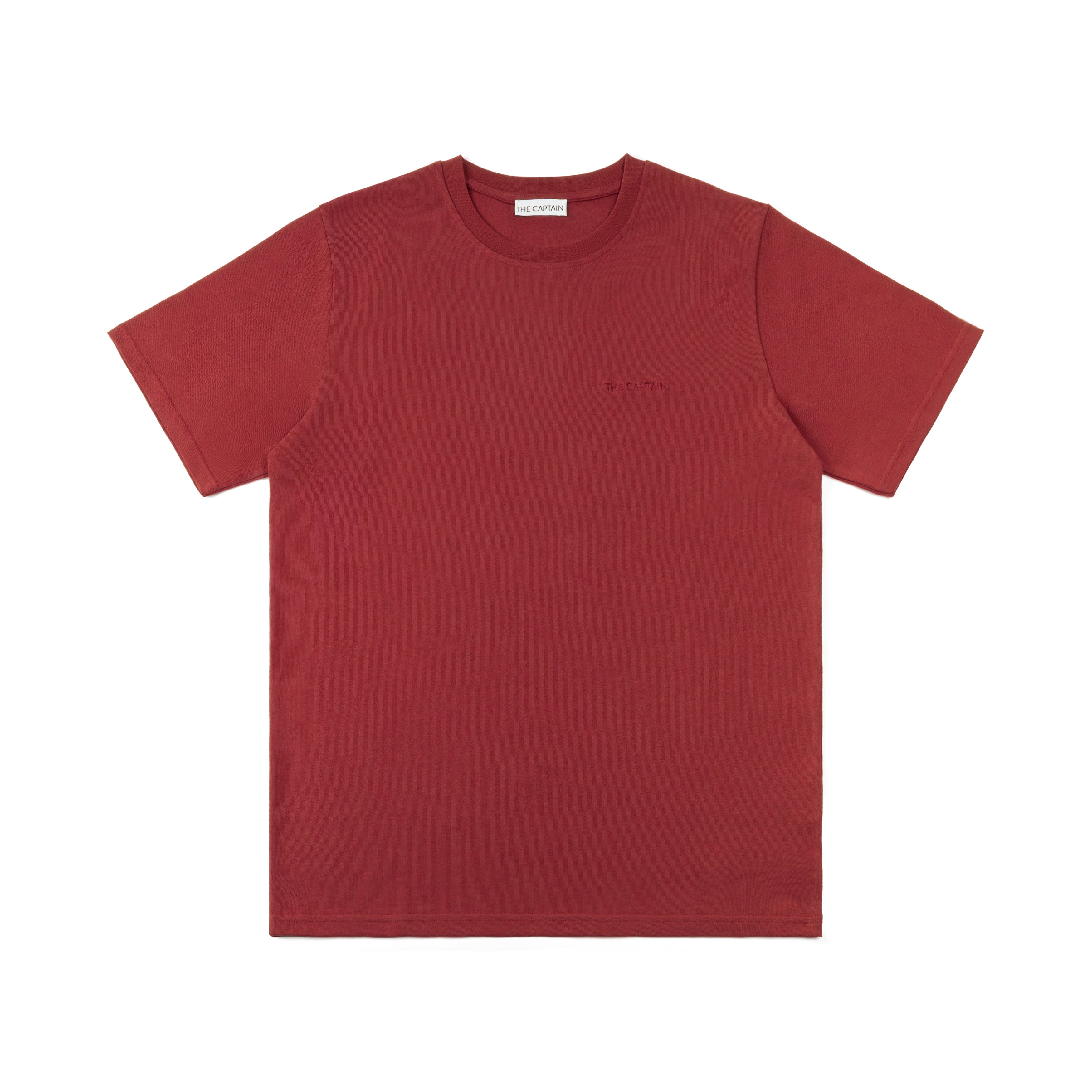
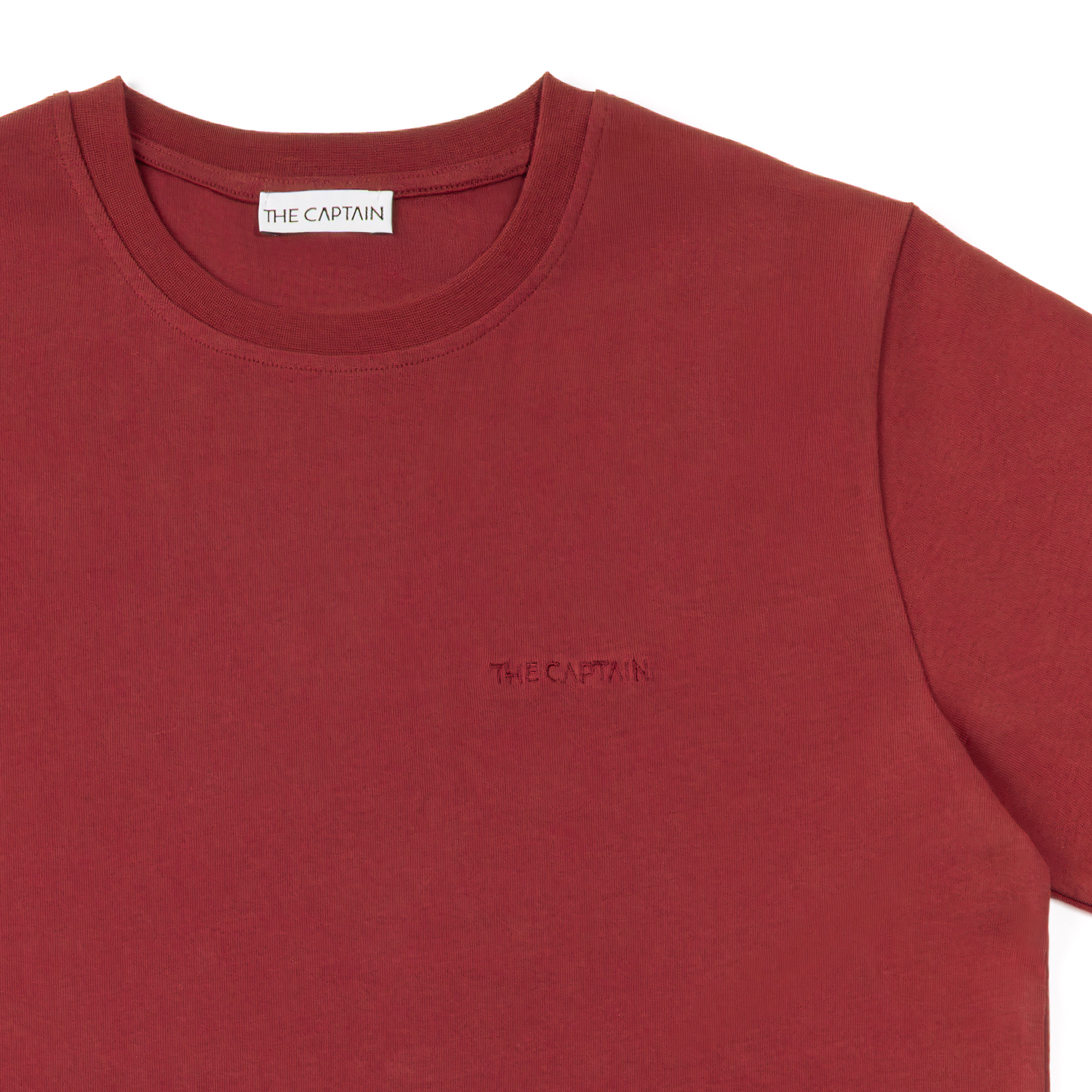
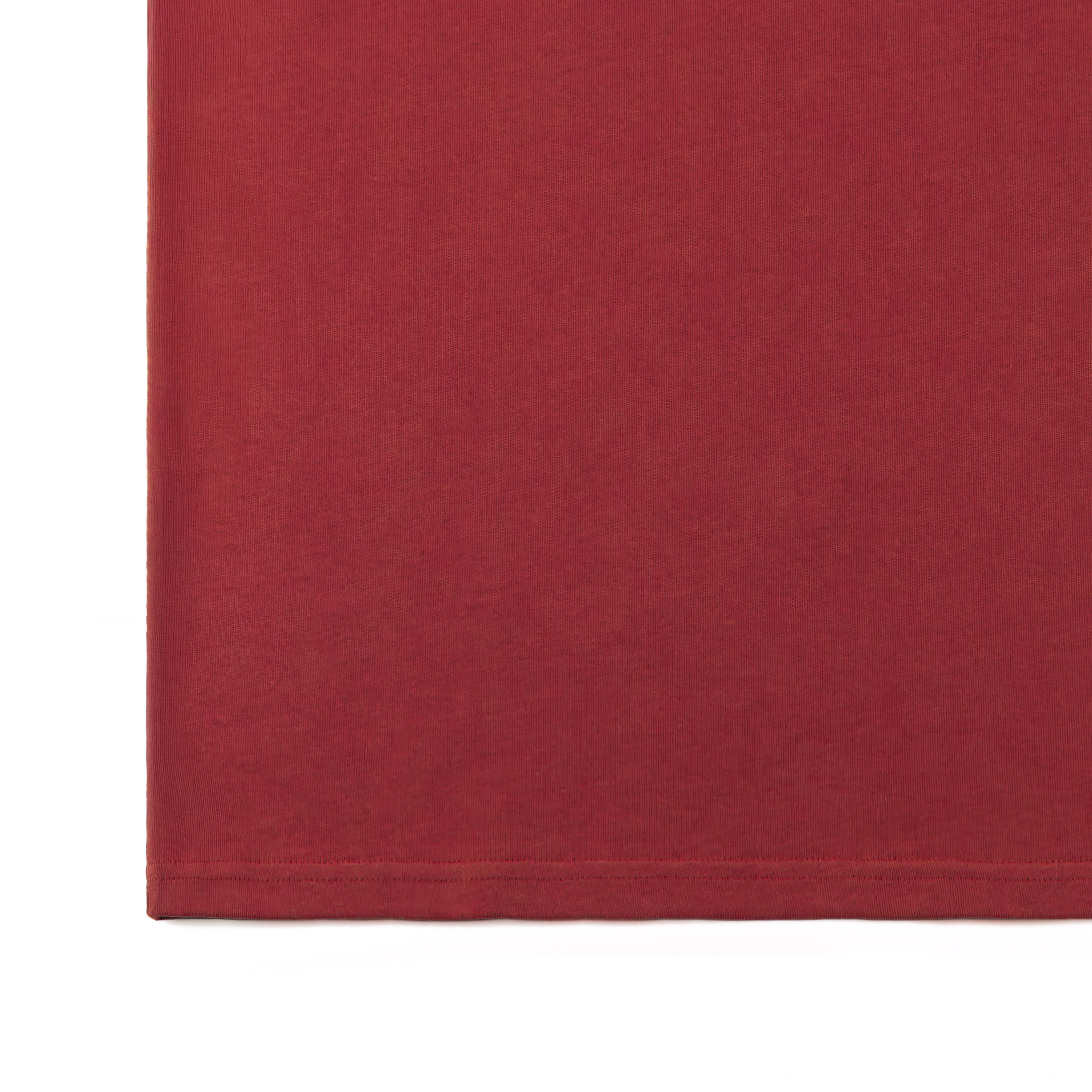
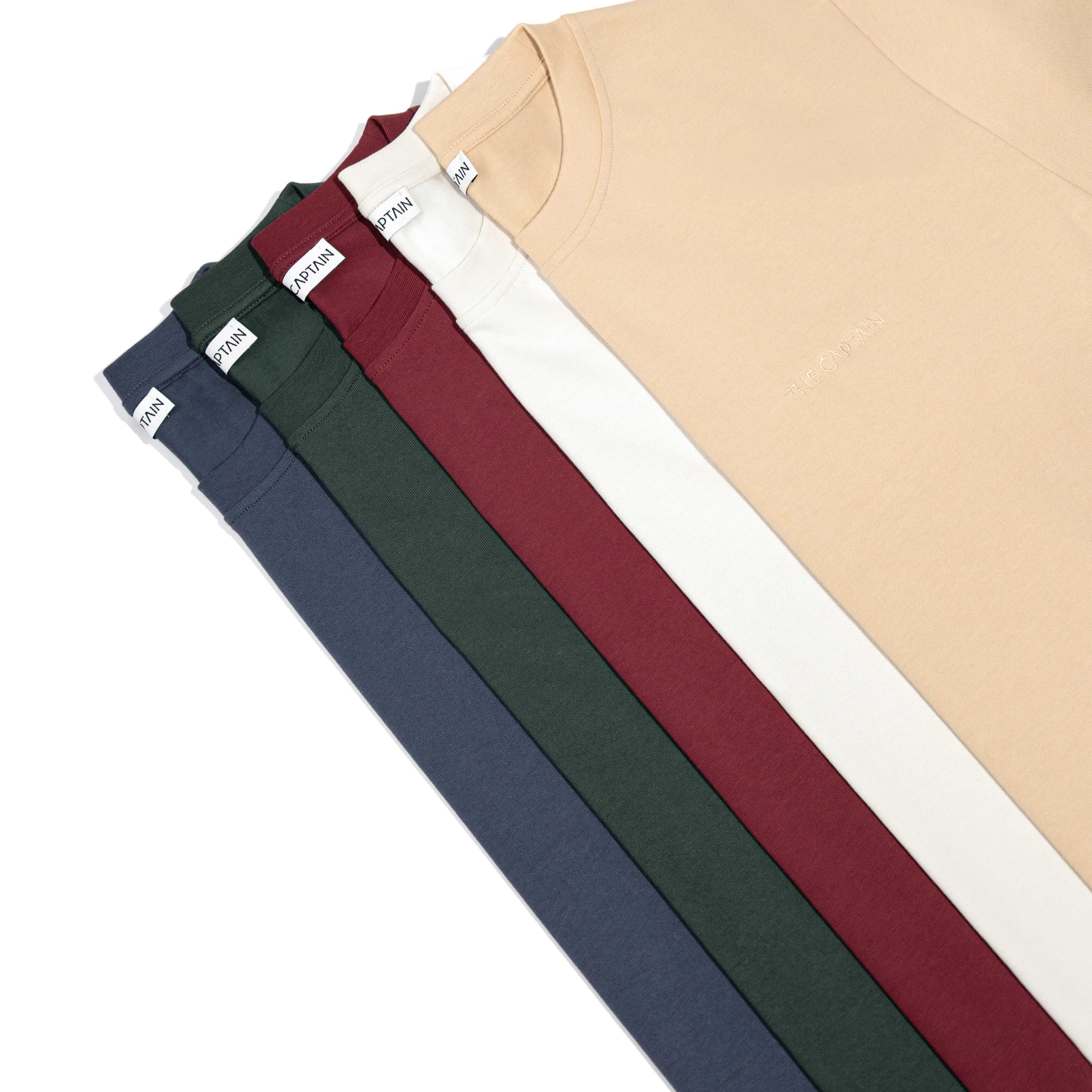
The T-shirt TC1 - BURGUNDY
Tax included.

powered by

% CO2e
Below category's global average
Product Life Cycle Analysis
0%
Raw Materials
Extraction and processing of raw materials (agriculture, mining, logging) create environmental impacts before manufacturing begins.
0%
Manufacturing
Production consumes energy, water, and other raw materials, resulting in emissions and natural resource depletion.
0%
Packaging
Packaging materials such as plastic, paper and metal are used to accommodate and transport the product, contributing for their carbon footprint.
0%
Distribution
The transportation of goods generates greenhouse gas emissions, influenced by transport type, distance, and logistics.
0%
Use Phase & End of Life
Product usage may consume energy and resources through a certain lifespan, while its disposal may result in landfilling, incineration and recycling, releasing greenhouse gases.
A product life cycle analysis (LCA), in terms of carbon footprint, assesses the total greenhouse gas emissions generated at each stage of a product’s life, from raw material extraction to production, distribution, use, and disposal.
The Captain T-shirt features our name subtly embroidered on the front, tone-on-tone with the fabric for a refined and understated look.
Made from 100% organic cotton with a 240 GSM weight, it offers a soft touch, durability, and a perfect drape.
The regular fit design, ensures comfort for every silhouette. Pre-washed (pre-shrunk) to minimize shrinkage, and made in Portugal, it’s a versatile and timeless piece crafted for modern, minimalist style.

Choose options




The T-shirt TC1 - BURGUNDY
Sale price€42.50 EUR
Tax included.

powered by

% CO2e
Below category's global average
Product Life Cycle Analysis
0%
Raw Materials
Extraction and processing of raw materials (agriculture, mining, logging) create environmental impacts before manufacturing begins.
0%
Manufacturing
Production consumes energy, water, and other raw materials, resulting in emissions and natural resource depletion.
0%
Packaging
Packaging materials such as plastic, paper and metal are used to accommodate and transport the product, contributing for their carbon footprint.
0%
Distribution
The transportation of goods generates greenhouse gas emissions, influenced by transport type, distance, and logistics.
0%
Use Phase & End of Life
Product usage may consume energy and resources through a certain lifespan, while its disposal may result in landfilling, incineration and recycling, releasing greenhouse gases.
A product life cycle analysis (LCA), in terms of carbon footprint, assesses the total greenhouse gas emissions generated at each stage of a product’s life, from raw material extraction to production, distribution, use, and disposal.



